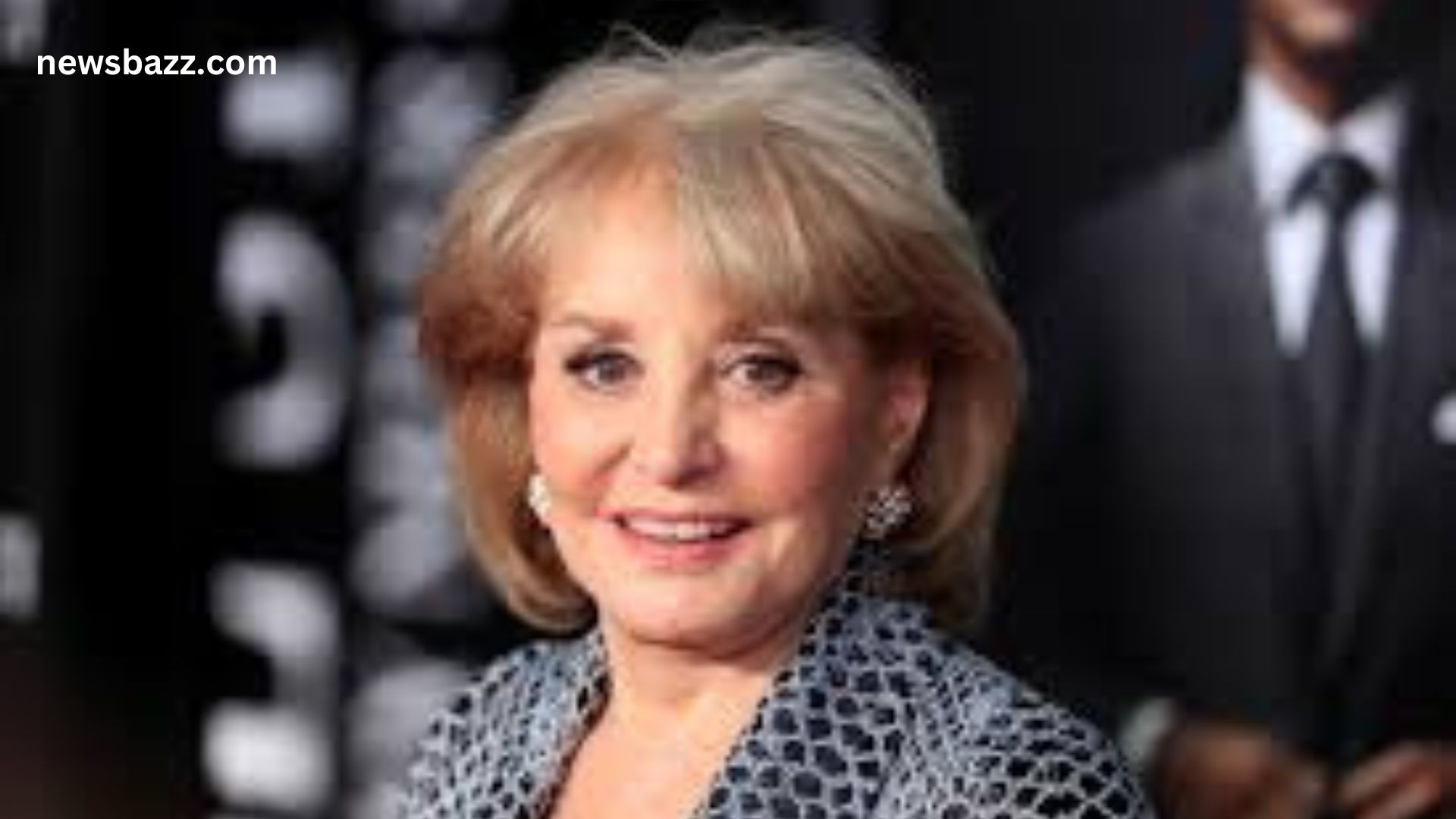Seven months after a short-lived ouster, Sam Altman is more powerful than ever as OpenAI’s CEO. He’s eliminated his primary foes and succeeded in striking a deal with Apple that could boost the impact of his technology. But Microsoft is worried about the deal and its impact on its product ambitions. So it asked for a cut.
It’s a win for OpenAI
OpenAI’s deal with Apple could help it reach more mainstream consumers. This could be great for the company that makes genAI chatbots, such as its GPT large language model, and for the broader AI industry. The Apple-OpenAI partnership may also help boost the company’s valuation, which has soared to $90 billion since it launched its popular ChatGPT chatbot in November.
Tensions are still running high at the AI startup, though. Former employees and board members have criticized Altman, and he has struggled to reign in spending, resulting in a chaotic few days for the company.
As a massive investor, Microsoft probably has a lot of say in how the company is run. And a resolution to this situation is in its best interests.
Amid the turmoil, interim CEO Mira Murati tweeted that “OpenAI is nothing without its people.” Then, hundreds of OpenAI staff copied and pasted this tweet into their own feeds as a sign of defiance against the board.
By Monday morning, more than 65% of the company’s 778 employees had signed a petition asking the board to reinstate Altman and Brockman. On top of that, Salesforce CEO Marc Benioff used his Twitter feed to offer those affected by the crisis a choice: take their PPUs (profit participation units) in cash or Microsoft stock. This is a generous offer, and it may be meant to send a message to the board that this is not about money but about values.
It’s a win for Apple
When news broke that Apple was snagging OpenAI’s AI chatbot to integrate into the iPhone, some raised their eyebrows. Microsoft is OpenAI’s biggest backer, having invested billions into the startup. But despite the partnership’s apparent impact on Microsoft product ambitions, CFRA analysts see the deal as beneficial to both companies.
For Apple, the deal cements its position as an early leader in the AI boom and could potentially expand Siri’s capabilities when iOS 18 debuts this fall. In the long term, it also helps offload any liability for data processing to a third party. The move also might help the company win over users who value privacy and security versus functionality as the popularity of generative AI features continues to grow.
In addition, the deal could be a boon for CEO Sam Altman, who’s been pushing for change at the nonprofit OpenAI to align its mission with its multibillion-dollar revenue business. He’s reportedly seeking an equity package to make that happen.
Tensions at the company have reportedly been rising, especially since Altman’s brief ouster last year. He’s reportedly been pushing out rivals on the board to solidify his control and push OpenAI towards commercial products that can drive growth. The alleged Apple deal is the latest development in that trend.
It’s a win for Microsoft
It’s not hard to understand why Microsoft might be concerned about Apple’s new deal with ChatGPT maker OpenAI. Microsoft has invested billions in AI and leverages the company’s tech in its flagship AI models like Copilot, which is found on many Apple devices.
But despite its investment and ties with OpenAI, the company is still only one of many big players in AI. Apple itself is investing in AI too, and reportedly wants to upgrade Siri with the help of an OpenAI-developed GPT-4o language model.
OpenAI has been releasing new, more powerful versions of the GPT model at an accelerated pace, and it’s rumored that a version 5 will be available this summer. The company has also been expanding its product lineup, with a recent release of Mistral, a 22B parameter code assistant that performs well on multiple languages and benchmarks.
As a result, it’s not inconceivable that Apple could eventually surpass Microsoft in the AI world. But even if that does happen, it’s important to remember that the days of Microsoft being an afterthought in the technology industry are long gone. Today, the company is a major player in its own right, with multibillion dollar investments and relationships across the globe. And it’s prepared for the kind of regulatory scrutiny that has hit its competitors like Google, Amazon and Meta.
It’s a win for Elon Musk
Apple and OpenAI made the partnership official at a developer conference on Monday. The iPhone maker will integrate ChatGPT into experiences in its iOS, macOS and iPad software this fall. The integration is optional, and both companies say the new feature will not collect personal data or send queries to ChatGPT without a user’s consent.
But that didn’t stop Elon Musk from taking a shot at the deal on his social media platforms. The billionaire co-founder of Tesla and SpaceX has had a notoriously frosty relationship with Apple in the past. He also recently launched a competing AI company.
In a post on X, the company’s blog (formerly Twitter), Musk called the ChatGPT integration “creepy spyware.” He said anyone visiting his companies would have to check their devices at the door, and store them in Faraday cages, which are shields that block electromagnetic transmissions.
Musk also criticized the idea of an independent company collecting and using people’s personal data in order to build artificial intelligence. He said that such a system would be “dangerous,” and that it would likely not work as intended.
It’s unclear whether his criticism of the deal will impact the future of the project. But if his comments do sour the partnership, the companies could face legal challenges over privacy issues. That’s why it’s so important that they clarify the details of their relationship as soon as possible.



